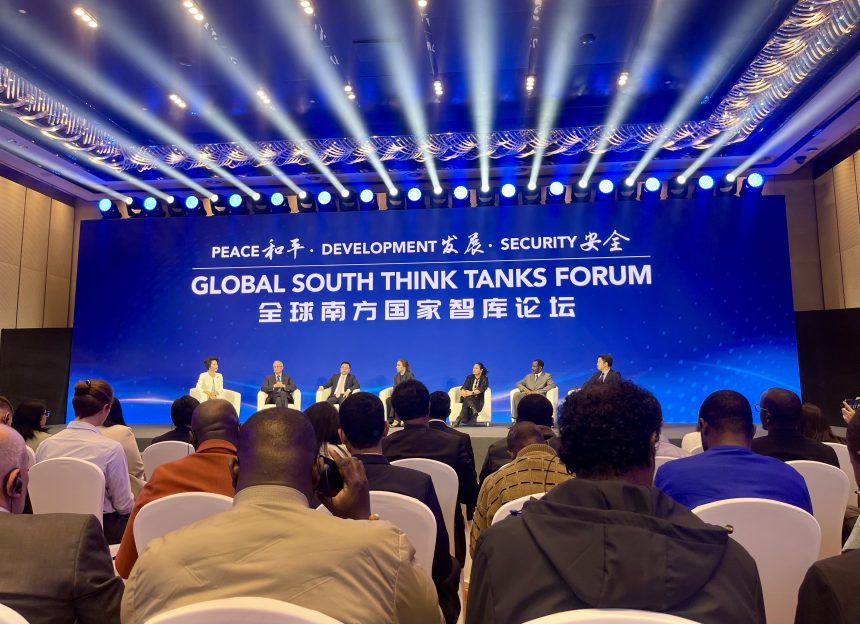The Global South Think Tanks Forum, hosted in Beijing, China, served as a vital gathering for leaders and experts from developing nations. With forty-four think tanks participating and more than ninety journalists from diverse countries in attendance, the forum underscored the growing significance of collaboration in addressing the challenges faced by the Global South. Organized by China Global Television Network (CGTN), the event highlighted the urgent need for dialogue on peace, development, and security, drawing attention to the voices and perspectives of the Global South.
During the forum, the challenges facing the Global South were at the forefront of discussions. With fifty-nine wars reported in thirty-four countries over the last five years, participants emphasized how these conflicts create instability and hinder economic growth. Furthermore, ongoing economic struggles in the post-pandemic landscape and the impacts of climate change were identified as critical obstacles. This atmosphere of urgency called for global cooperation as a necessary response to these pressing issues.
A prominent discussion point was the concept of the Emancipating Economy. Participants articulated the question, “What is the Global South?” by distinguishing between the West, characterized by U.S. hegemony, and the East, identified as the Global East which was categorised as a force that is trying to divide the Global South Countries. By reframing the narrative around the Global South, the forum encouraged a broader understanding of economic liberation and the interconnectedness of these countries.
Transitioning to security issues, the forum addressed various forms of security crucial to the stability of Global South nations. Food security, energy security, and job security emerged as significant concerns. Addressing these issues requires comprehensive strategies, including enhancing education, fostering awareness, and investing in infrastructure. Moreover, participants advocated for leveraging technology and promoting combined efforts among nations to build resilience against these challenges. The economic theory of merging the “invisible hand” of market forces with the “visible hand” of government intervention was discussed as a pathway to achieving balanced solutions.
An insightful interview conducted during the forum focused on the theme of development and how countries in the Global South can enhance mutual trust and collaboration through technological innovation and cultural exchanges. It was emphasized that by finding joint points for mutual benefit, nations could enhance the breadth and depth of South-South cooperation, leading to win-win results. This focus on collaborative strategies highlighted the potential for significant progress when countries work together towards shared goals.
The insights shared at the twenty twenty-four BRICS Summit on October sixteenth reinforced the forum’s discussions. Key takeaways included: (A) Joining hands for common development to promote modernization in Global South countries; (B) Promoting peace and security, upholding fairness and justice, and advocating for true multilateralism; and (C) “All for one,” building a community with a shared future of peace, security, prosperity, and progress for mankind. These points encapsulated the spirit of cooperation and solidarity essential for addressing the collective challenges faced by Global South nations.
Finally, the Global South Think Tanks Forum illuminated the necessity of unity and collaboration in overcoming obstacles ranging from conflict to economic instability. By fostering dialogue and sharing strategies, the nations of the Global South can work together toward a more peaceful and prosperous future. As the forum concluded, the message was clear: only through collective action can the Global South truly navigate its challenges and seize opportunities for growth and development.





